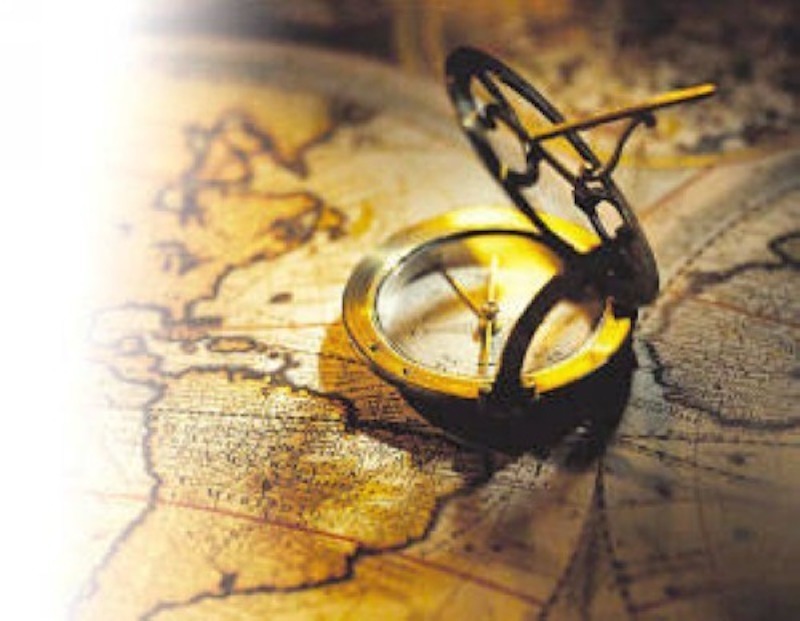
Sixteenth century English philosopher Francis Bacon credits three inventions for having changed the course of history: the magnet, the compass and gunpowder. Along with these arrived a hubris which allowed certain people to assert dominion over nature unprecedented in our time. From the late Jungian James Hillman, who along with W.H. Roscher penned the spellbinding Pan and the Nightmare: When Pan is dead, nature can be controlled by the will of the new God, man, modeled in the image of Prometheus or Hercules, creating from it and polluting in it without a troubled conscience.
Who is Pan, except for a harmlessly playful mythological nymph-snatching nature sprite? According to Hillman, Pan manifests as a nightmare figure in many of our dreams due to the fundamental nature of man who, as sexual being, is at one with animal being, with instinct, and thus at one with nature.
Our entire Christian belief system is based upon a sky God rather than someone we can identify with here on earth. It is justifiably removed from our physical surroundings, allowing all manner of distortions in our perception of ourselves as stewards of sacred ground. To continue with Hillman, It is through the nightmare [that] the reality of the natural God is revealed. As the human loses personal connection with personified Nature and personified instinct, the image of Pan and the image of the Devil merge.
With our instinctual nature absent from everyday life, we lose touch with our intuitive, feeling qualities and ego assumes a dominant role. Judgment predominates, along with fear of those different from ourselves. Anything or anyone that is suspiciously Other is perceived as a threat. Ego is invested in identifying us as separate, unique. When taken to a collective level, earth may be seen as a battleground between the righteous versus evil interlopers. We can more easily demonize the Other while justifying our own self-righteousness.
On a national scale, a dangerous crosscurrent threatens the hallowed ground we all walk upon. There are powerful archetypal forces at play, and we may examine them to assist in our understanding of how our disregard for natural law has taken the struggle between intellect and humanity (mind vs. body) deep into the collective unconscious. To bring about healing and promote wholeness, we might begin to allow some of this conflict to resurface within ourselves in the form of simple awareness. Bringing some of these shadowy aspects to light and dealing with them in a self loving and forgiving way can facilitate a greater sense of inner peace and harmony. Sustainable living begins with a shift in awareness from self and other to self in relation to our world. Separation remains an illusion.
To return to a sustainable form of living, we must learn how to respect differences between people, cultures, countries, and species. We must unlearn the old mind-set that the right over nature [belongs to us] by divine bequest, as ecopsychologist Theodore Roszak offers in his biblically-proportioned saga Where the Wasteland Ends.
Indeed we might explore how we thought we had to choose between honoring the planet and honoring our Christian God; between loving our Mother and obeying our Father; between listening to the voice of an outside authority vs. trusting the inner voice of conscience. Ask the tough question, as did poet and artist William Blake, why our love of nature [must] be purchased at the cost of divine love.